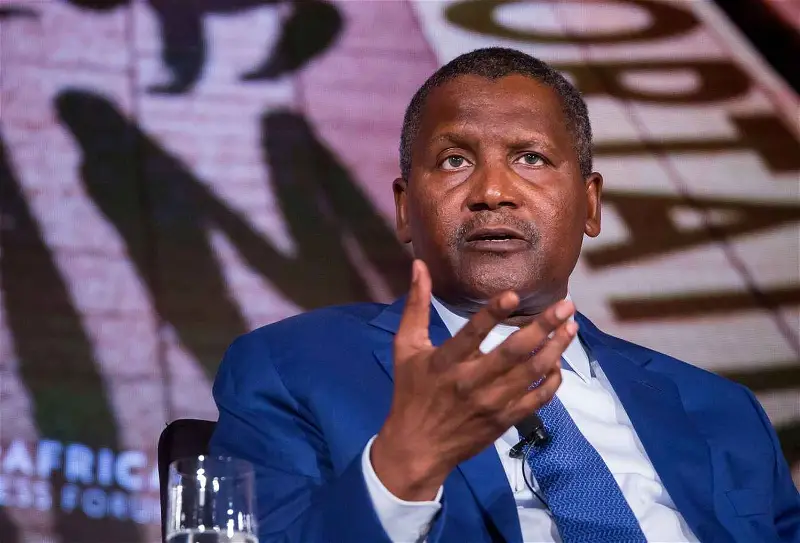Africa’s richest man and owner of the $20 billion Dangote Refinery, Aliko Dangote, has highlighted that those who profit from fuel importation are hindering African governments from building refineries. Dangote shared this during an interview with CNN’s Eleni Giokos at his refinery in Lagos, Nigeria.
Despite Africa’s status as a major oil producer, he emphasised that no new refineries have been built in the past 35 years. Dangote attributed this to multiple factors, including weak financial institutions and a lack of investor loan facilities.
Challenges in Building Refineries
“Some African countries are trying to build refineries but haven’t succeeded. No new refinery has been built in Africa in 35 years. Issues like money, political will, and those benefiting from fuel imports are discouraging governments from building refineries,” said Dangote.
He added that the lack of strong African banks also hinders the process, as international banks are unwilling to support refinery projects.
The Need for African-Led Development
Dangote stressed the importance of African entrepreneurs and leaders working together to develop the continent. He believes relying on foreign investors for development is unrealistic and unproductive.
“We Africans must focus and understand that we are the ones who can deliver. Only we can develop Africa. Waiting for foreign investors to come and develop Africa will never happen,” he added.
The Current Energy Situation in Africa
Despite having some of the largest oil and gas reserves globally, Africa struggles to meet its energy needs. Most of the energy consumed in Africa is imported from Europe and America, making the continent heavily reliant on imports.
A report indicates that 75% of African oil is exported to other continents. Additionally, about 1.49 billion Africans lack access to clean energy for cooking and other domestic uses, and around 600 million people do not have access to electricity.
Nearly all petroleum products are imported in Nigeria, a leading oil producer. The Dangote Refinery aims to address this gap by boosting local production.


